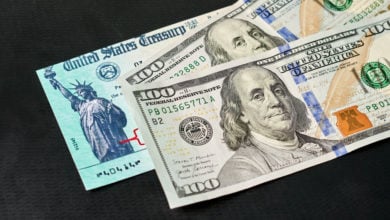In the midst of the worst financial crisis in modern history, central bankers and heads of state from the Group of 20, the world’s 20 largest economies, met in Washington, D.C., Nov. 15, to discuss joint action to counter a plunging international economy. For people hoping for firm plans and ambitious resolutions, the meeting was the ultimate dud.
A number of vague promises were made by G20 participants, including cooperation between central banks, stronger oversight on potential dangers and greater inclusion of developing nations, but the only concrete pledge made was to meet again “before May,” perhaps as early as March 2009.
Reluctance to set policy so far ahead of President-elect Barack Obama’s inauguration was cited as a key reason for the delay. The reality is that while President Sarkozy of France and other “world leaders” have called for fundamental changes in the international monetary system, deep divisions between the G20 countries prevented any quick action.
Predictably, the U.S. corporate media praised the meeting. CNN Money’s Nov. 15 special report carried the headline “Leaders vow to tackle economic crisis.” U.S. president George W. Bush said, “There was a common understanding that all of us should promote a pro-growth economic policy.”
But many economists were not impressed. Carl Weinberg, chief economist at High Frequency Economics Ltd., said, “This isn’t a strong action statement on addressing the matters at hand.” As to the severity of the crisis, New York University economist Nouriel Roubini, known as “Dr. Doom” for his pessimistic—and so far correct—predictions, stated on Bloomberg News that no end of the economic downturn is in sight and “I expect it to be the worst in the last 50 years.”





